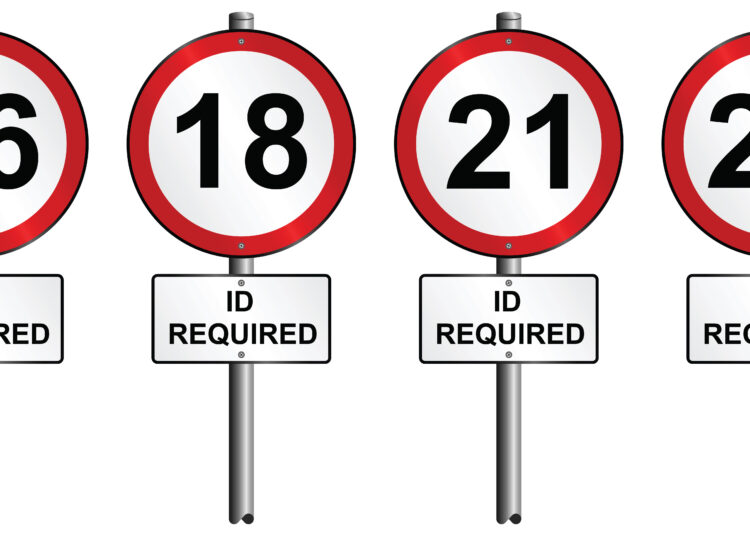Youth can now obtain age-restricted content due to the ease with which they can access the internet. Teenagers may readily obtain age-restricted things like smoke and alcohol through internet purchasing. Because parents have failed to monitor their children’s internet activity, online age verification has become important. Governments have also taken strict measures and created legislation to protect youngsters. Noncompliance with such legislation might result in significant fines.
This has put strain on e-commerce systems. They are now taking charge of limiting simple access to sexual content. They are looking for effective age verification solutions to prevent teens from gaining access to potentially dangerous items.
Read Also: Avple
Online purchasing is quite popular among consumers. It is more convenient, eliminates the need to wait in lines, allows for easy price comparison, and frequently offers a wider range of items than physical locations. Ecommerce has risen at a rapid pace in recent years and is expected to reach $5.4 trillion by 2022. Teenagers are increasingly outspending their parents when it comes to internet shopping, according to studies.
Digital Age Verification Summed Up
It is a real-time online verification of age method. In order to proceed with the transaction, these forms of age checks necessitate the presentation of valid documents.
How does it work?
The process of digital age verification consists of five parts:
- The customer provides age in the data box.
- The system requires a photo of an identity document that includes the user’s age.
- Using OCR technology, the machine retrieves data from the document.
- Data provided by the user is compared to data mentioned in the document.
- If the given information matches, the system verified the user.
Manual Age Gates: Pros and Cons
Online platforms have implemented manual age gates, which require users to manually enter their date of birth into the system. These sorts of age checks are fairly prevalent since they are simple and inexpensive to install, and they also meet compliance laws to some level. The manual age checks, on the other hand, are simple to avoid. To appropriately answer the age, it is up to the user’s conscience. These age checks cannot be depended on, hence more efficient solutions to the problem are necessary.
Why Is Age Verification Necessary in E-Commerce?
E-commerce platforms can prevent teens from purchasing age-restricted items by successfully deploying digital age verification technologies. This simple process of verifying age by utilising legitimate government-issued identity documents might make it impossible for youngsters to mislead about their age. Businesses may benefit from digital age verification in a variety of ways.
1) Take Charge of Your Company
It allows site owners more control over who may access their items. These age checks can also be use by site owners to limit traffic to specific regions.
2) It’s Compliance with Law
In 2013, there was an update in the Children’s Online Privacy Protection Act (COPPA) Law. Law enforcement agencies have now made adequate KYC procedures necessary for internet enterprises (know your customer). COPPA regulations must be followed by site owners.
3) Minors Protection
The most important aspect of age verification is arguably the protection of kids. Their mental and physical health can be affected by getting access to age-restricted material. As a result, it is the moral responsibility of internet businesses to protect minors from such harm.
4) Establishment of Trust
In order to increase brand image, it is critical to create consumer trust. Companies who make an effort to safeguard their consumers and users earn the community’s support. They can also avoid federal sanctions that could harm the company’s reputation.
To Wrap all Up
When it comes to internet security, notifying consumers about the site’s content and options as soon as possible is critical. Businesses who contain explicit content but do not check the age of their users run the danger of getting into serious trouble. They may unknowingly provide kids with access to age-restricted content. Minors’ mental and physical health might be harmed by explicit content available on the internet. As a result, e-commerce platforms have a moral obligation to limit access to age-restricted material by using efficient age verification systems. Manual age gates have been shown to be ineffectual for age authentication. Hence, having Digital Age Verification Solutions has become vital for businesses.





